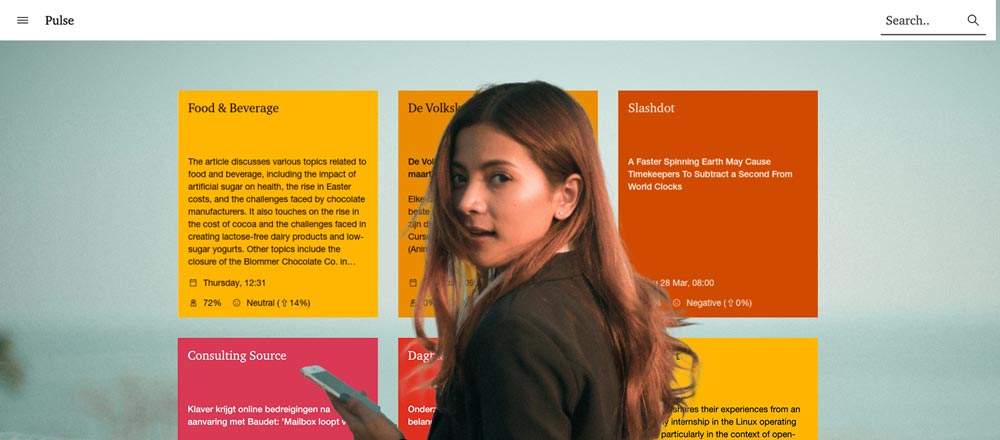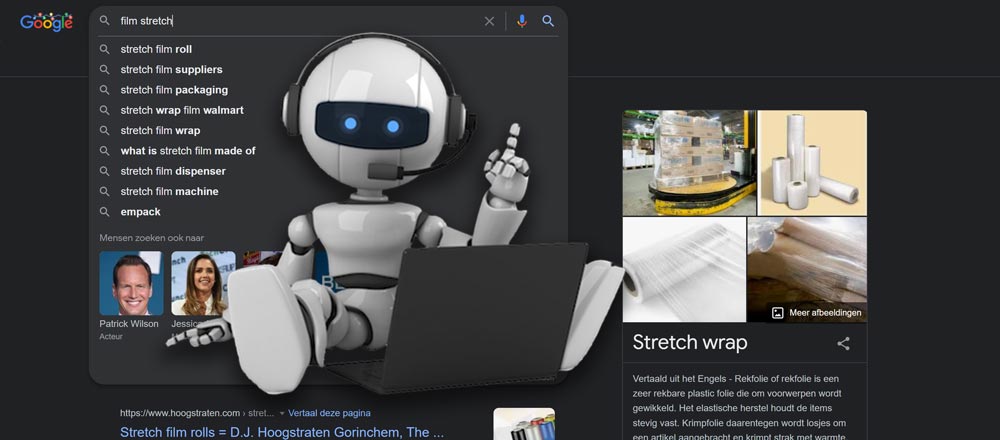The news that Google and Mozilla are working on their own engines for iOS was the motivation for this series of blogs. In the previous two blogs, we provided background material on browser engines and explained the current state of browser engines on iOS and the impact of Apple’s monopoly. Our third and final blog in this series examines the potential benefits of introducing an open platform and genuine competition on iOS. We also explain why web developers – including BSL – think this is a positive development.
More browser features on iOS
BSL and many other developers believe Apple’s WebKit engine lags behind Google’s and Mozilla’s engines, limiting the possibilities for developers compared to other more open platforms. Unfortunately, all iOS developers, including the developers of Firefox and Chrome browsers on iOS, must use WebKit for rendering web content. However, if and when other browser engines become available on iOS, users will be able to switch to a browser with more features if they wish.
A good example is the push notification feature, Web Push. This feature allows websites to push notifications to users. So, for example, a calendar web app can notify users of an upcoming appointment or milestone. All browsers have supported this feature on all platforms since about 2016, except for WebKit. This means that, on iOS, not a single browser was able to support Web Push..
Is this important? In the UK, over 50% of mobile users are iOS users. Unfortunately, the absence of Web Push support on iOS means that calendar web apps can’t send notifications to these users, even though this is a crucial feature for a calendar! As a result, calendar web apps will lose out on iOS to native apps that can send and display reminders.

Source: StatCounter Global Stats – Device Vendor Market Share
Fortunately, Apple is about to implement Web Push in their browser engine – after resisting for more than seven years. But if more browser engines had been available on iOS as part of an open platform, users could have switched to a browser that already supported this feature long ago. Moreover, with more browser engine choices, it is not Apple but the user who decides which features they need.
An open platform encourages improved web standards
Browsers can attract users by supporting as many popular features as possible. And this battle between browsers to attract users will benefit the evolution of Web standards. We believe that if the WebKit engine faces competition from Blink (Google) and Gecko (from Mozilla), Apple will need to put more effort into further developing its WebKit engine to keep Safari users satisfied. They will have to catch up with their competitors, fix bugs, implement features already available from other browsers, and possibly introduce new features.
We are already seeing this happen. With all the attention from regulators and supervisors, Apple seems aware that they must catch up with their competitors. For example, the WebKit development team has hired more people over the past two years, and Apple has fixed many bugs after years of silence. In addition, features available for years in other browsers, such as Web Push, will soon be supported. Even more surprisingly, Interop 2022, a dashboard showing how well browsers support a subset of Web features, indicates that Safari now outperforms Chrome and Firefox!
So Apple seems to want to prove itself again. And that has worked out well in the past. For example, at the time of the iPhone’s introduction, Apple led the way with WebKit and Safari. WebKit had something to prove at the time: that you could run a full desktop browser on an iPhone and didn’t need plugins. As a result, the team initiated many of the HTML5 features we now take for granted. Apple led the way in abandoning any need for plugins such as Flash for video and animation playback.
As a result of their investment in WebKit, driven in part by the possibility of competition, we can expect – and hope – that Apple may once again become one of the leading forces behind improving Web standards.
An open platform offers a better user experience
In conclusion, we believe the potential benefits of opening up iOS to multiple browser engines are twofold.
- On the one hand, there will be direct benefits for iOS users, who will be able to switch to another browser because it supports features that are important to them. In that case, the proportion of users with access to new features will increase.
- On the other hand, the competition will stimulate Apple to support new features more rapidly with WebKit, meaning that the set of features common to all browsers will become more extensive. So, for example, developers of web apps such as a calendar can assume they can send notifications to all users without the need for them to switch browsers just to use all their calendar app features.
As a result, both the lower and upper limits of browser performance will improve, benefiting all end users – especially those using iOS devices!
Want to learn more about web apps, native apps, and what best suits your business? Then please get in touch with us!































